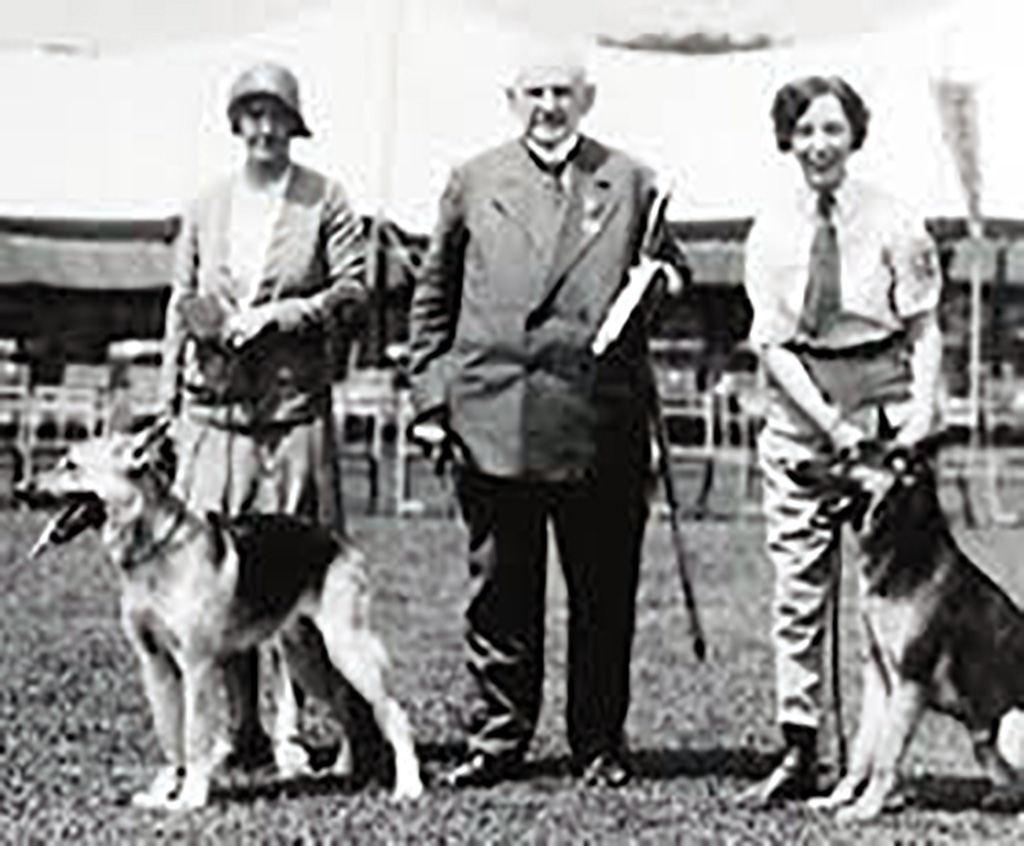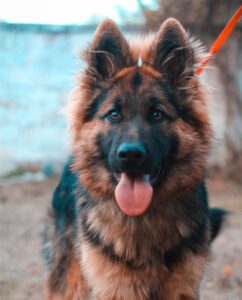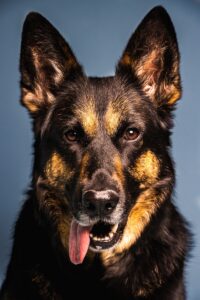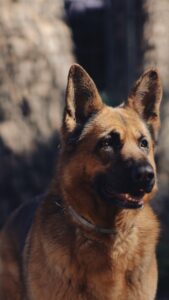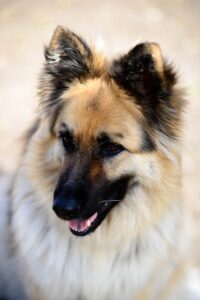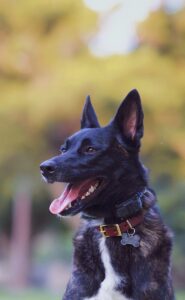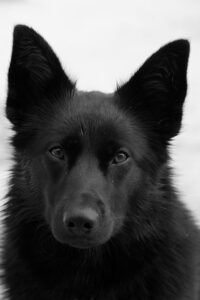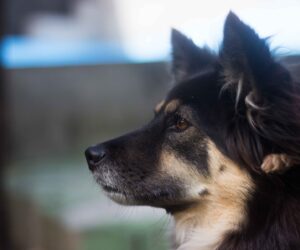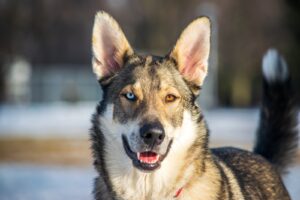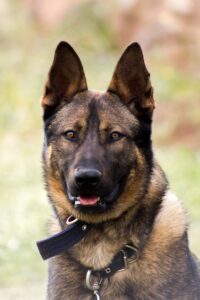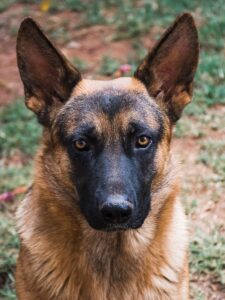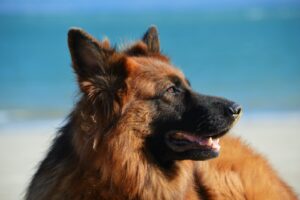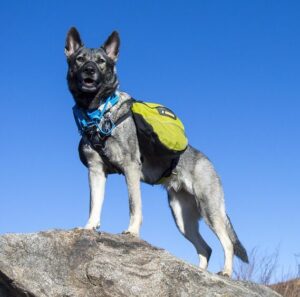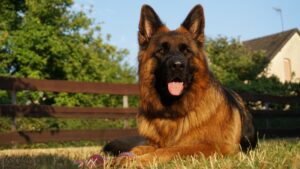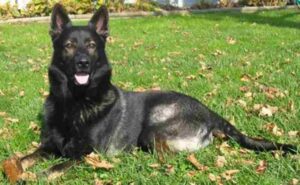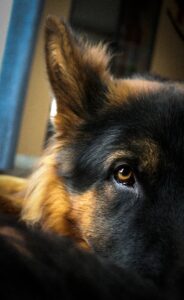German Shepherd origins and characteristics
The breed was created in the late 19th century by German infantry captain Max von Stephanitz, who wanted a versatile and obedient herding dog that could be used for field work.
Stephanitz was impressed by a herding dog named Hektor Linksrhein that he had seen at a show. This dog was known for its strength, intelligence, and working abilities, and Stephanitz decided to purchase it to start his own line of shepherds.
Stephanitz renamed Hektor Horand von Grafrath, making him the founding sire of the original German Shepherd breed. Along with other breed enthusiasts, Stephanitz developed a standard for the German Shepherd that emphasized intelligence, strength, and working ability.
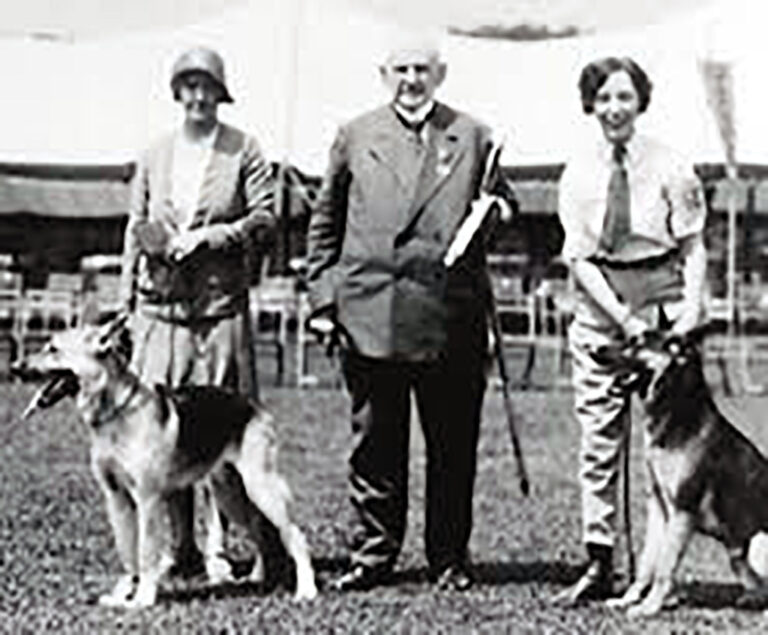
The popularity of the German Shepherd grew quickly and the breed was used for a variety of tasks, from police and military work to caregiving and therapy work with the disabled.
During World War I, German Shepherds were used for a variety of military tasks, causing a decline in popularity in some countries. However, the German Shepherd remains one of the most popular dog breeds in the world. Today, it is used as a police dog, search and rescue dog, therapy dog, and as a loyal and faithful pet.
Personality and abilities of the German Shepherd
Intelligence: Can learn quickly and understand complex commands. This makes them excellent working dogs as they can be trained to perform a variety of tasks.
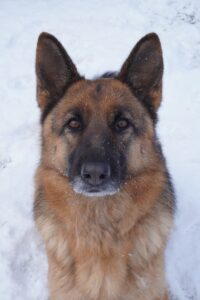
Loyalty: German shepherds are loyal and protective of their owners and families. It is very close to its owner and enjoys spending time with him. It also protects its home and territory very well.
Courage: The German Shepherd is a brave and confident dog. It is usually not afraid and can face difficult situations without flinching. This makes them excellent police and defense dogs.
Trainability: German Shepherds are very willing to work and are happy when assigned a task. They are ideal for tasks like search and rescue, drug and explosives detection, and livestock surveillance.
Overall, the German Shepherd is a well-balanced breed that can adapt to a wide variety of environments and situations. It is a very active dog that needs a lot of exercise and mental stimulation to be healthy and happy. The German Shepherd is a loyal, intelligent, and hardworking dog that can be a great companion for those looking for an active, energetic dog.
Physical characteristics of German Shepherds
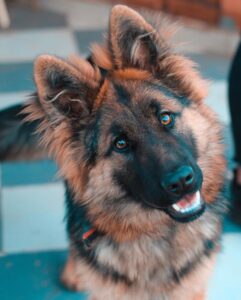
Size: The German Shepherd is a medium to large sized dog, measuring 55-65 cm and weighing 30-40 kg for males and 22-32 kg for females.
Coat: The German Shepherd’s coat is double, with a thick outer coat and a soft, dense undercoat. The most common colors are black with reddish tones, black with brown tones, and gray.
Some German Shepherds also have white markings on the chest and legs.
Head: The German Shepherd’s head is strong and proportionate, with a broad muzzle and strong jaws. The eyes are medium sized, with a lively, intelligent expression. The ears are large and pointed, generally erect.
Body: The German Shepherd’s body is muscular and proportionate, with a strong, straight back. The limbs are well muscled.
Tail: The German Shepherd’s tail is long and slender. When alert or excited, the tail rises and curls upward.
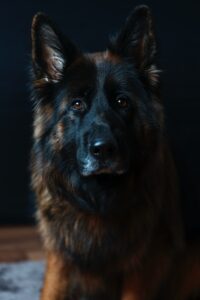
Overall, the German Shepherd is an imposing, athletic looking dog with an intelligent expression. Its physical features allow it to be a very hardy, capable working dog.
Activity needs of German Shepherds
German Shepherds are a very active, energetic breed that need lots of exercise to stay healthy and happy.
Daily exercise: German Shepherds need at least 1-2 hours of daily exercise to stay fit and healthy. This can include long walks, running, playing fetch, and any activity that allows them to burn energy.
Play: German Shepherds are very active, intelligent dogs that need both mental and physical stimulation to prevent boredom and stress. Games like throwing a ball are great activities to keep them busy and exercised.
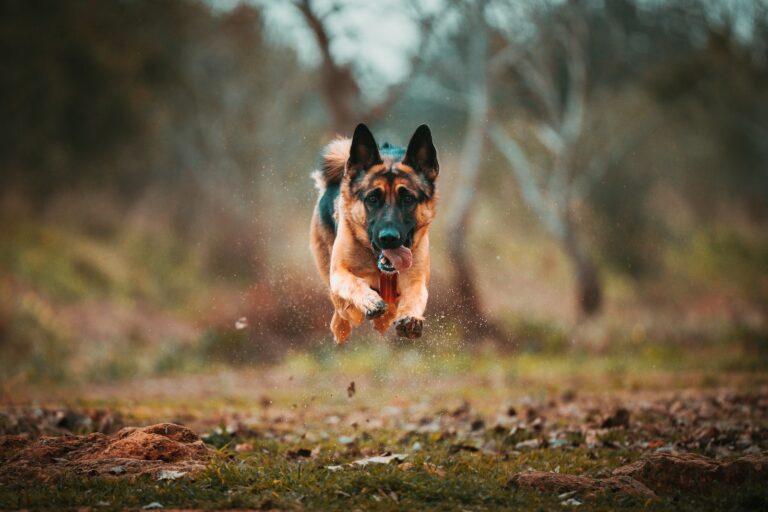
Training: Training is an important form of exercise for German Shepherds. In addition to teaching them obedience, training also provides them with mental and physical challenge that helps keep their bodyand mind in shape.
Space: German Shepherds need space to run and play. If you live in an apartment, make sure to walk them and play with them in a park or area where they can run freely.
Age: Younger German Shepherds need more exercise than older dogs. You should also take into account the dog’s health and physical condition when planning its physical activity.
Weather: German Shepherds can withstand different weather conditions, but you should be careful on days of extreme heat or cold. Make sure to provide them with enough water and shade on hot days.
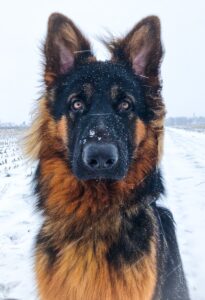
The amount and type of exercise they need will depend on the dog’s age, health, and fitness level. Remember that good physical activity is important not just for their health but for their emotional and mental wellbeing too.
Grooming and brushing a German Shepherd
Grooming and brushing a German Shepherd is an important part of caring for their health and wellbeing.
Brushing: German Shepherds have a double coat of fur, which can become tangled and matted if not brushed regularly. Daily brushing would be ideal to keep their coat clean and tangle-free. Use a firm bristle brush and comb to remove knots.
Bathing: German Shepherds don’t need frequent baths, but if they get very dirty or smelly, bathing is necessary. Use a mild dog shampoo. It’s important to rinse thoroughly and dry the coat completely to prevent skin infections.
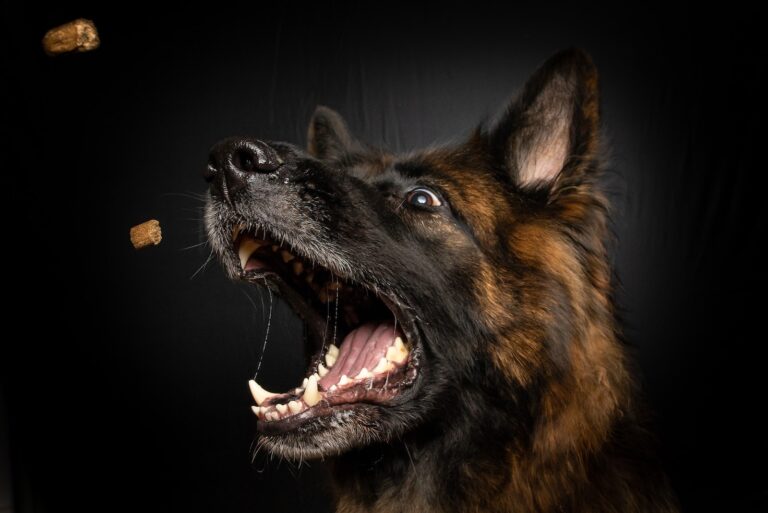
Nail trimming: German Shepherds’ nails grow quickly and need regular trimming. If nails get too long, they can cause discomfort and pain while walking. Use special dog nail clippers.
Ear care: Clean their ears regularly with a special dog ear solution and a soft cloth or gauze. Don’t use cotton swabs as these can push dirt and wax further into the ear canal.
Dental care: Dental hygiene is important for German Shepherds’ health. Brush their teeth with a dog toothbrush and toothpaste at least once a week. You can also provide special toys and treats to help clean their teeth.

Remember that a clean, well-groomed German Shepherd will not only look better but also be healthier and happier.
Types of German Shepherd
There are different types of German Shepherd, although they all share the general characteristics of the breed.
Working line German Shepherd: This is the most well-known type of German Shepherd and is used as a working dog in activities like police, military, search and rescue, among others. This type of German Shepherd is more muscular and athletic than the others, and has a shorter, rougher coat.
Show line German Shepherd: This is the type of German Shepherd specifically bred for participating in conformation shows and obedience trials. It is characterized by having a lighter bone structure, longer coat, and broader head.
German line German Shepherd: This is a type of German Shepherd bred mainly in Germany and Europe. It is characterized by having a darker coat, lighter bone structure, and more angular head.
American line German Shepherd: This is a type of German Shepherd mainly bred in North America. It is characterized by having a heavier bone structure, lighter coat, and more rounded head.
Long-haired German Shepherd: This is a type of German Shepherd characterized by having a longer, softer coat than the other types. It is often used as a companion dog or for conformation shows.
Other types of German Shepherd: Purebred German Shepherd, German Shepherd Dog, German Shepherd Herding Dog, Solid Black German Shepherd, Bi-color German Shepherd, Black and Tan German Shepherd, Sable German Shepherd, White German Shepherd, Tiger Striped German Shepherd.
There are different types of German Shepherd with distinctive features in their bone structure, coat, and head. Each type is bred for different purposes, from work to competing in conformation shows. When choosing a German Shepherd Dog type, it is important to consider the purpose you are going to use it for and which characteristics best suit your needs and lifestyle.
In summary
The German Shepherd is a fascinating and highly valued breed worldwide. This breed has been used for a variety of purposes throughout history, from herding sheep to working in the police and military.
In terms of personality and skills, the German Shepherd is an intelligent, loyal and protective dog that needs early socialization and proper training to fully develop its potential.
It needs daily physical activity and exercise to stay fit and healthy.
The German Shepherd is a unique and wonderful breed that has long been valued around the world. If you are looking for an intelligent, loyal and protective dog that can adapt to a variety of purposes, the German Shepherd is an excellent choice. With proper care and attention, they can become a faithful and loving companion for life.

